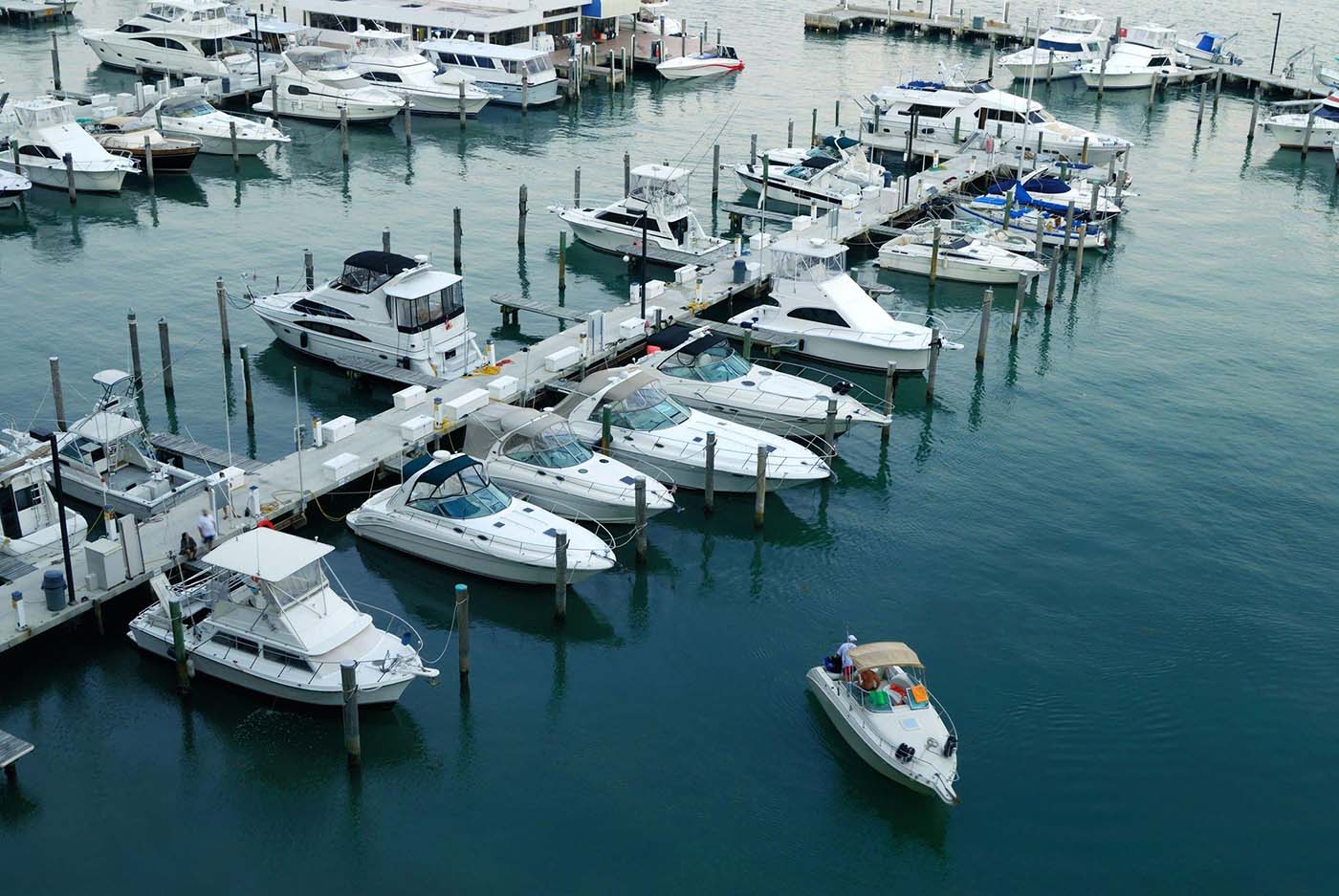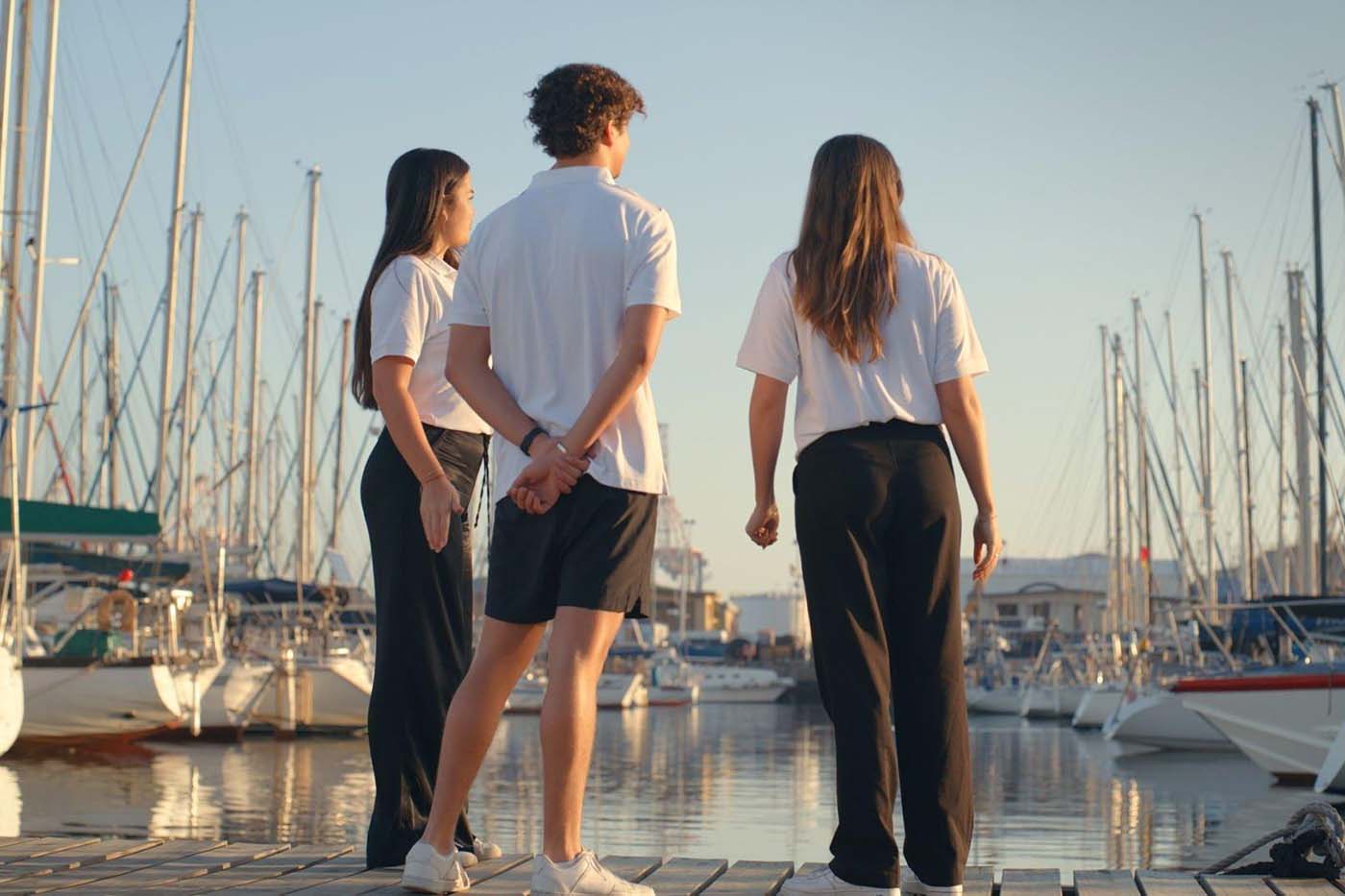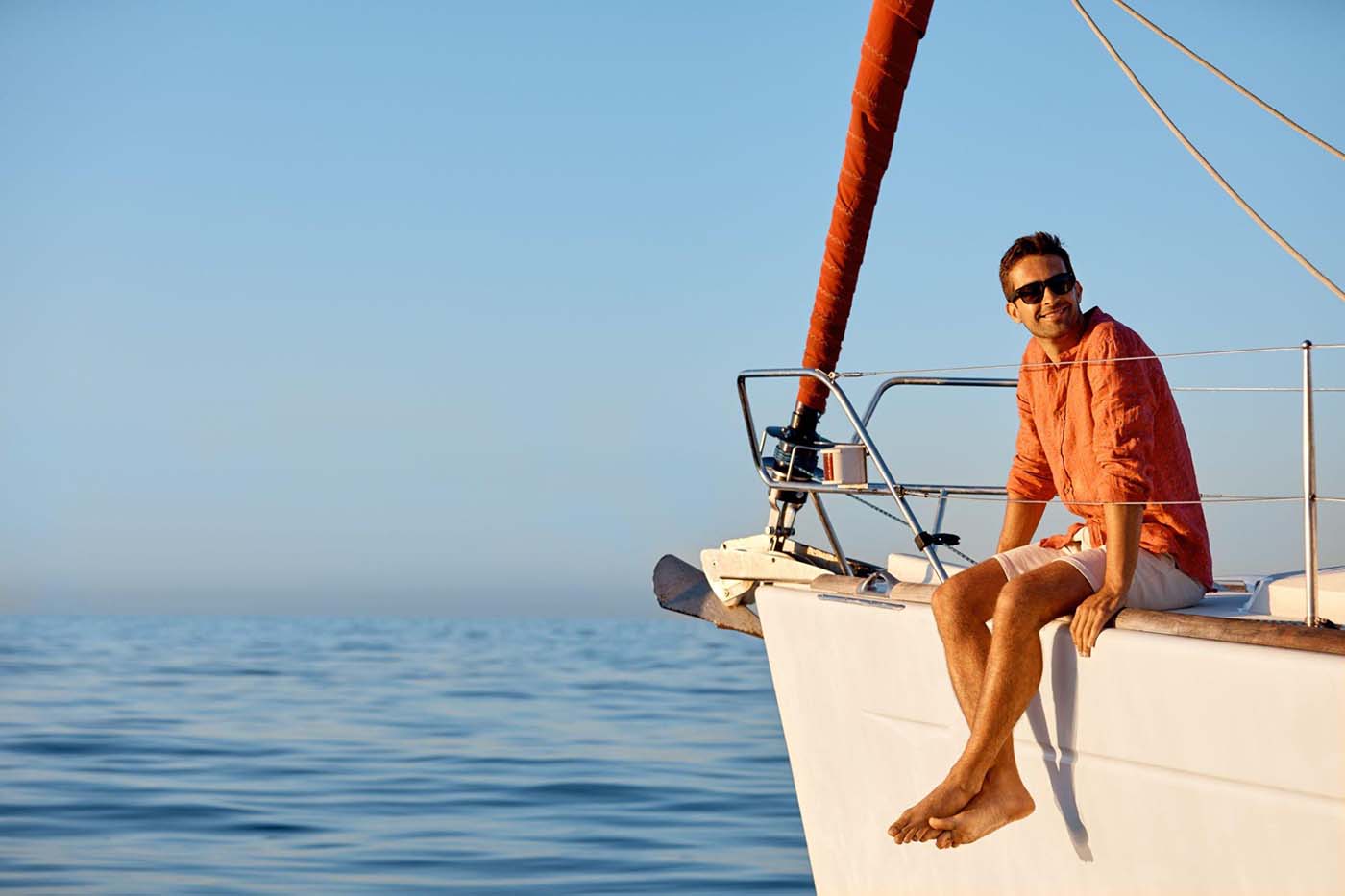Buying a boat is a great idea, especially if you live near a lake or the sea. However, boat ownership carries a lot of responsibility, much like owning a car. Before you cast off for the first time, make sure you check all the boxes for responsible boat ownership.

Storage
When you buy a car, you typically need a place to keep it when you’re not using it. It could be a garage, your driveway, or public street parking. The same applies to boats.
You could store your boat on a trailer, and that’s the most convenient option because you can access it anytime. However, not all communities allow long-term boat parking, even in your own driveway. You could keep it in your garage if it fits or in a dry boat storage facility for a fee if there is one near you.
Other people prefer to keep their boats in a marina (also for a fee) or build their own dock if they have waterfront property. If you opt for the latter, purchase your custom dock from a manufacturer dedicated to quality workmanship. It will last longer that way.
Choosing a storage option for your boat when actively using it and during the off-season would be best. That would reduce any stress of owning a boat in the long run.
Safety Course
All but seven states in the US require boat operators to take a safety course and obtain a valid certificate from the state’s regulatory authority. Furthermore, all states have a minimum age requirement to operate a personal watercraft (PWC). Check the legal requirements in your state for using PWCs to operate your boat before anything else.
Insurance
Only Utah requires liability insurance for all motorboats and PWCs. The minimum coverage is $25,000 for injury, $50,000 for death, $25,000 for property damage, and $65,000 per accident. Arkansas requires a minimum of $50,000 liability coverage for motorboats with engines over 50 horsepower.
However, even if the law does not require you to get insurance, you should. Liability coverage can protect you financially in case of accidents that cause injury or property damage to third parties. Other types of boat insurance may also compensate you for theft or damage to your boat and trailer due to accidents or acts of God.
Suppose you accidentally hit the dock, causing damage to your boat and the dock. Having the correct insurance policies will cover your costs.
Trailer
A trailer is indispensable if you want to make your boat portable and go to other bodies of water. In most cases, the boat seller will provide the recommended trailer type, size, and Gross Vehicle Weight Rating (GVWR). For safety, choose a trailer with a GVWR that exceeds your boat’s and gear’s total weight by about 15 percent. Don’t skimp on this part; it could be disastrous for you and your boat if you choose the wrong trailer.
Additionally, a trailer requires a vehicle rated for towing a boat. You can find out if your current vehicle can handle the load by checking the owner’s manual. Look for the tow rating and Gross Combined Vehicle Rating (GCVR) and determine the combined weight of your vehicle, trailer, boat, and cargo. Ideally, the total should not exceed 80 percent of the GCVR.
Before buying a boat, make sure your vehicle has the towing capacity for it and the trailer. Otherwise, be ready to purchase a new vehicle.

Etiquette
Sharing the water is the same as sharing the road. Good manners prevail when laws are silent, so you should know the etiquette to get maximum enjoyment when operating your boat.
Unless you have a private dock, you must first know how to launch or retrieve your boat on a ramp. The key is efficiency. Do it as quickly as possible to accommodate others wanting to do the same thing and not make them wait too long.
Docking your boat is another situation when you can demonstrate your knowledge of boating etiquette. As a novice, you might find it challenging to dock correctly, what with the wind, current, or other boats. Take your boat in nice and slow to avoid damaging it, the dock, and other boats. If you don’t think you can do it safely, back up and try again.
Maintenance
Like cars, motorboats and PWCs have an engine that requires regular maintenance. You should find a boat shop that can inspect the propeller, gearcase, and oil and filter changes annually. Winterizing your boat in states that get too cold for boating some months of the year would be best.
Equipment
All boats must have the essential equipment to ensure safety while on the water. These include the following items:
Personal floatation devices (PFDs)
Most commonly known as life jackets, this is one of the most critical items on your list. You should have at least one PFD per person on the boat that meets official standards. PFDs are of different sizes, and enough should be available for children. Moreover, passengers should wear them while the boat is on the water in case of an emergency.
You should also have a type IV throwable floating device for anyone who falls overboard. Some come with a line attached to pull the individual back on board. Most people would call that a lifebuoy ring that comes in distinctive orange.
Communication devices
Boats should have several communication ways, including a VHF radio, mobile phones, distress beacons, and flares. The radio is particularly critical as boat operators can contact the Coast Guard and vice versa in case of bad weather. The distress beacon and flares can alert everyone if you need help when your radio fails, or you can’t get cell reception. These devices can also pinpoint your location to searchers.
Fire extinguishers
Fire extinguishers are life-saving equipment when dealing with an engine or other type of fire. Boats under 26 feet should have a minimum of one B-1 type extinguisher. Larger motorboats up to 40 feet need either two B-1 types or one B-2 type. Please make sure you and anyone on board know how to use them.
Float Plan
Before setting off for any trip that might take you significantly away from the shoreline, ensure you leave a float plan behind. That would inform people onshore where you are going and when you should be coming back. If you run into trouble, the float plan will alert your family or friends if you don’t return as expected. It will also make it easier for people to find you.
Final Thoughts
A boat anchored in your dock or near a marina expands your horizons. You can now travel on water whenever you want. However, it also comes with responsibilities. Follow these tips before and after you get your boat to ensure you never regret your purchase.








